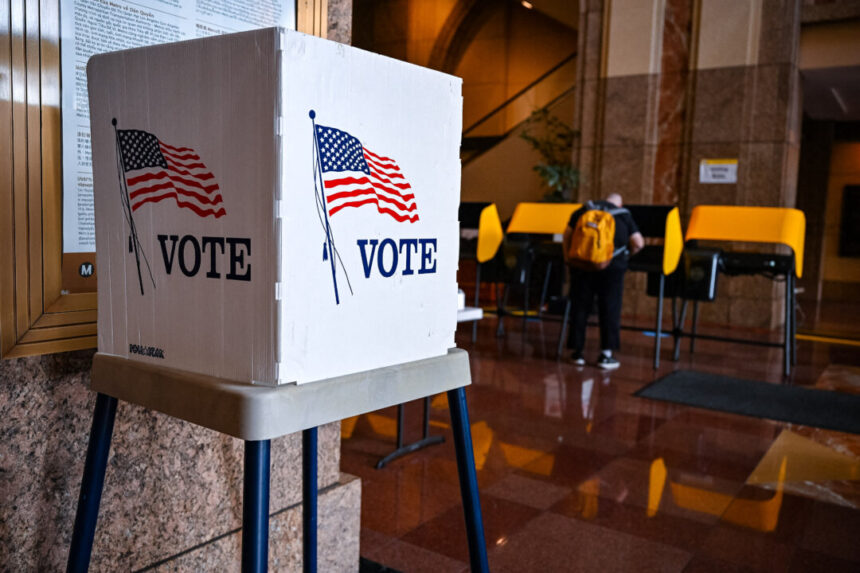Voters in California will have the opportunity to decide on 10 ballot measures covering a range of issues including public safety, education, healthcare, minimum wage, and more. These propositions will determine which laws will be enacted.
Opponents, including Governor Gavin Newsom, are concerned that Proposition 36 may lead to a significant increase in prison incarceration rates and result in negative consequences for the state’s criminal justice system.
Recent polls indicate broad support for Proposition 36 among Californians, with various demographic groups backing the measure.
However, critics argue that Proposition 2 is too costly given the state’s budget deficit and question the need for additional bond debt to fund education financing.
Opponents of Proposition 3 raise concerns about the wording of the measure and its potential implications for other forms of marriage beyond traditional heterosexual unions.
Instead of hastily redefining marriage in ways that exclude a child’s mother or father, we should prioritize that all adults adhere to the needs of children. Proposition 32 exacerbates the situation by increasing costs on family-owned businesses that can least afford it, forcing small employers to raise prices for consumers to offset the higher minimum wage.
Rent Control
Proposition 33 seeks to repeal a law from 1995 that restricts local governments from limiting rates for new tenants or rent increases for certain tenants. It also prevents the state from imposing further limitations on local rent control. Analysts suggest that implementing more rent control laws could result in increased costs for governments, with fees passed on to landlords. This could also lead to a decline in rental property values, reducing property tax revenue by tens of millions of dollars annually.
Supporters argue that Proposition 33 would help lower housing costs for renters, addressing the affordable housing crisis in California. Critics, however, believe the proposition is misleading and could impact over 100 housing laws aimed at promoting the construction of affordable housing.
Prescription Drug Revenue Spending
Proposition 34 mandates that certain providers allocate 98 percent of revenues to patient care, penalizing those who misuse funds. This measure aims to close corporate loopholes that divert money meant for patient care. Critics view the proposal as a threat to democracy, allowing powerful interests to target and punish specific organizations.
Managed Care Tax Extension
Proposition 35 makes a current tax on managed health care insurance plans permanent, increasing funding for Medi-Cal and other programs. The measure is projected to generate between $2 billion and $5 billion annually, with half of the funds coming from the federal government. Supporters argue that Proposition 35 will protect and expand access to care without raising taxes on individuals.
As California voters receive mail-in ballots, it is essential to stay informed about the propositions on the ballot. Voting information can be found at sos.ca.gov/elections/voting-info/ways-vote. Could you please rewrite the sentence for me?
Source link





